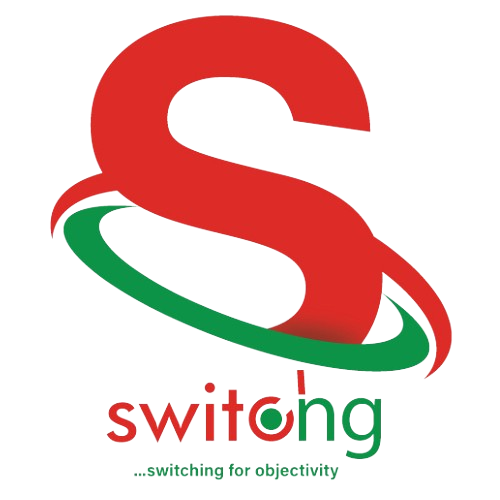The House of Representatives has decided to conduct a conference of all national stakeholders to evaluate the current basic education curriculum and add a lesson on anti-corruption awareness.
The House expressly agreed to “convene a conference of stakeholders in the education management and regulation sector to explore updating the primary and secondary school curricula to include anti-corruption awareness courses and programs” during its plenary on Wednesday.
The decision followed the House’s unanimous approval of a move presented by the Speaker, Femi Gbajabiamila, and three other members: Shehu Kakale, Musa Bagos, and former Minister of State for Education Aisha Dukku.
The proposal was headlined “Need to include anti-corruption classes and training into the primary and junior secondary school curricula to aid in the fight against corruption and promote civic consciousness among the Nigerian public.”
“The House perceived that one reason the fight against corruption has not achieved the desired objectives in the country is the absence of a deliberate national strategy to engage citizens from the early stages of their lives to identify, challenge and defeat corrupt practices wherever they may exist or manifest.
Leading the line was Dukku, and she said: “The increase of young people who are growing up in environments where casual subversions of rules and law through acts of private and public corruption have become the norm.
“The House is confident that this narrative can be changed within a relatively short time, through sustained efforts by government, civil society, religious organisations and citizens working together to re-programme the way we think about the causes and consequences of corruption in our society.”


